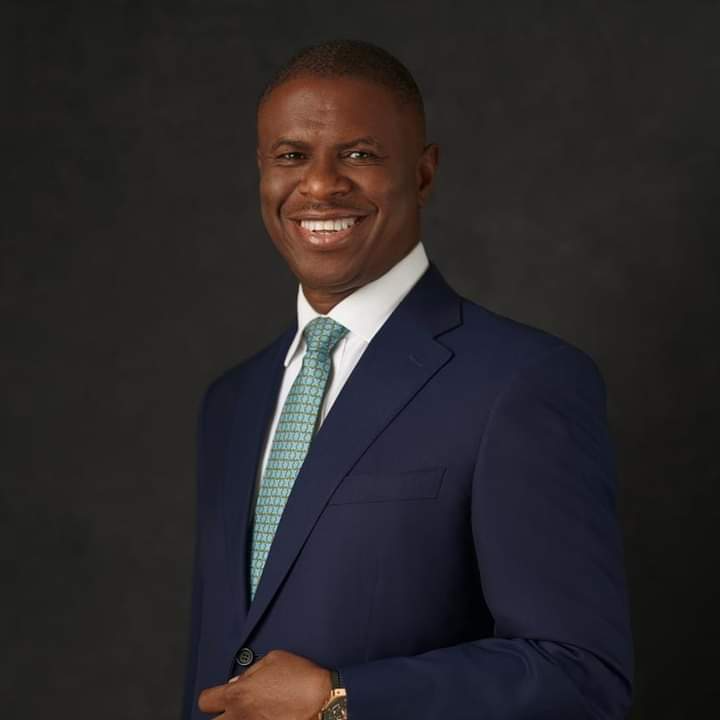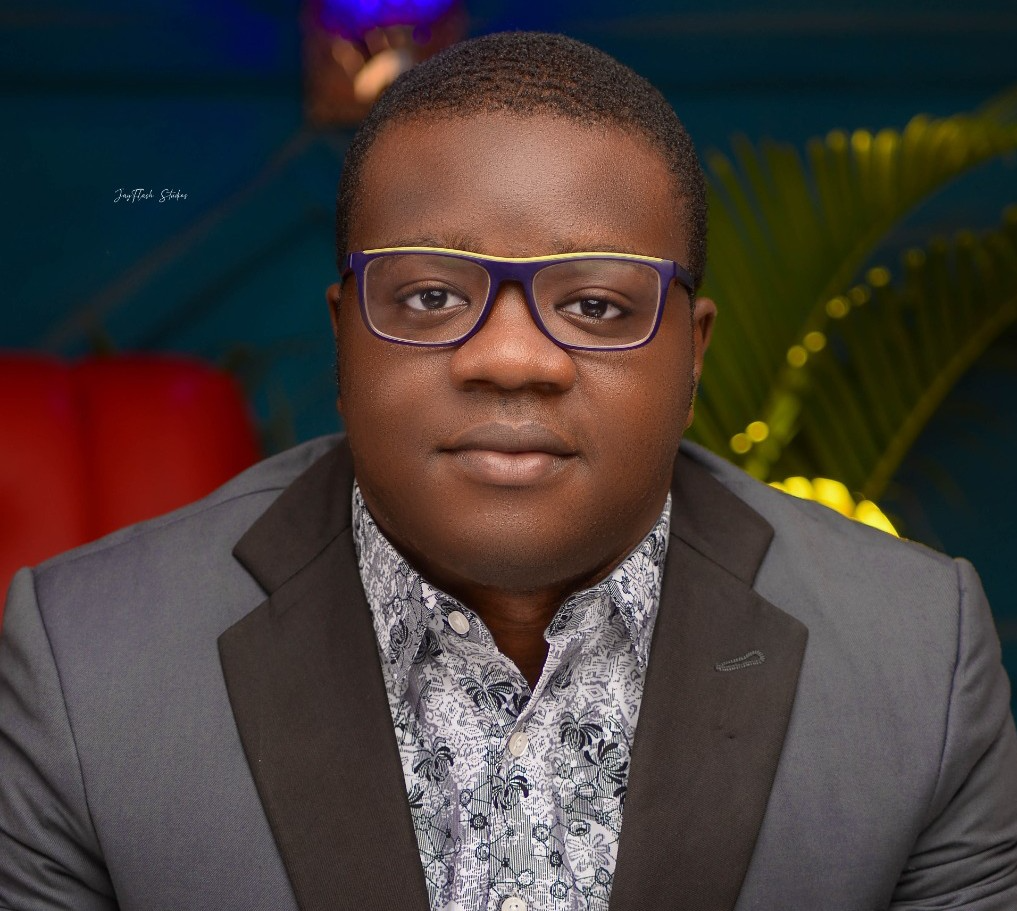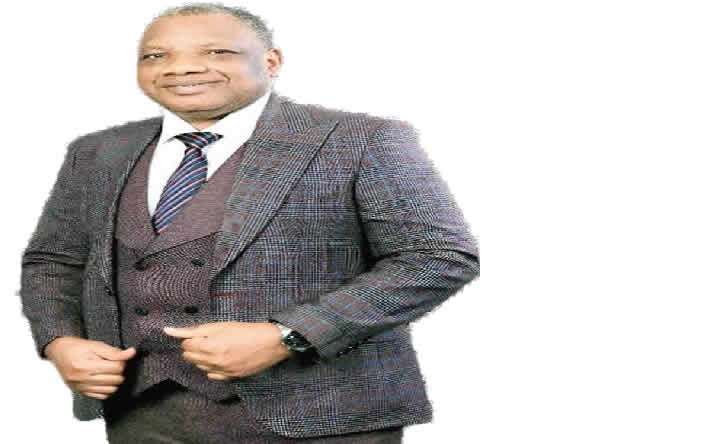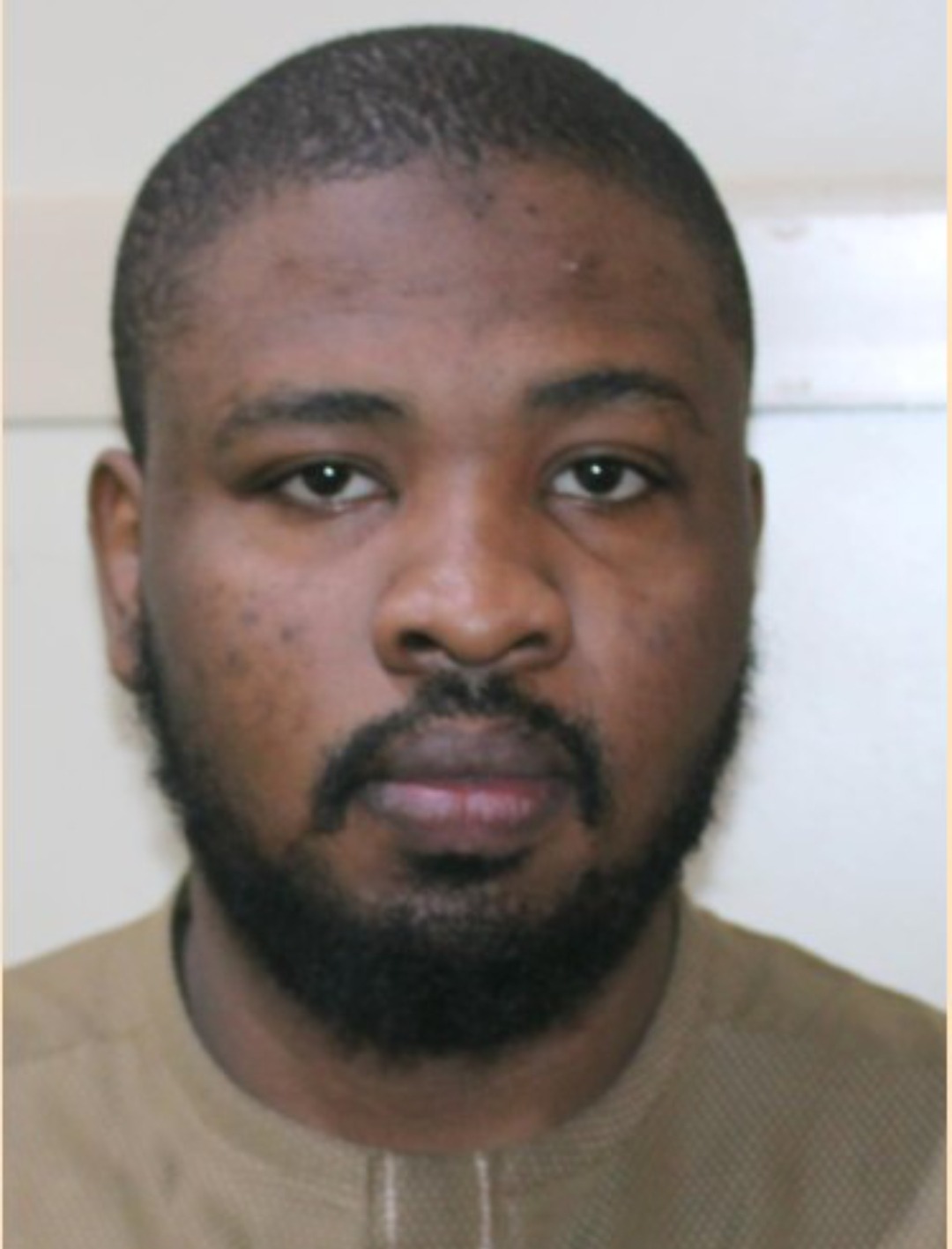Every story has two sides, but when a country’s reputation as a sovereign and an investment destination comes under threat, it calls for immediate concern and action from its citizens and leaders. The recent unfolding of a concerning development has significant implications for Nigeria’s global standing as an investment hub.
A Chinese company, Zhongshan Fucheng Industrial Investment Co. Ltd, secured a court order in France following an arbitration award initiated in 2017, with the Ogun State Government over a contractual relationship that dates to 2010. The arbitration panel ruled in favour of Zhongshan, stating that “It is clear that Zhongshan is the effective winner in these arbitral proceedings, in that it has proved its version of events is accurate, successfully resisted Nigeria’s jurisdictional and preliminary objections, established a valid claim against Nigeria under the Treaty, and obtained an award for substantial damages.” This is not just a legal victory for the Chinese firm, but a red flag for Nigeria’s global investment reputation that demands immediate attention and action.
This ruling is a significant blow to Nigeria’s absolute sovereign status and the doctrine of sovereign immunity. The order has since been upheld by a US court, which dismissed Nigeria’s sovereign immunity defence in enforcing the $70 million investment treaty award. The US court was scathing in its judgment, asserting that Nigeria had “gruesomely” violated the Chinese firm’s fundamental and commercial rights. This ruling has led to the dramatic seizure of three Nigerian aircraft in France—aircraft that belong to the federal government. The seized jets include a Dassault Falcon 7X, a Boeing 737-7N6/BBJ, and an Airbus A330-243, all stationed at Paris-Le Bourget and Basel-Mulhouse airports.
While initially a dispute between a subnational government and a private firm, this situation has spiralled into a crisis with broader and more severe implications for Nigeria. It raises critical questions about Nigerian subnational entities’ conduct and the federal government oversight of international contracts. Can subnational entities enter into agreements guaranteed by sovereign that do not include national assets or support? What level of due diligence should subnational governments observe before they engage in contractual relationship with foreign firms? More importantly, does this case reflect a more profound, systemic issue within Nigeria—a culture that lacks respect for contracts and international agreements?
The case also casts a spotlight on the perceived weaknesses of Nigeria’s institutions, which need more authority or respect on the global stage.+
This perception is troubling and raises the question: do foreign investors lack confidence in Nigerian institutions ? These are not rhetorical questions but rather pressing concerns that demand a thorough investigation and straightforward answers. The implications are dire, as evidenced by this case, which has resulted in public embarrassment for the country and the potential loss of much-needed funds due to poorly negotiated and managed contractual relationship . A thorough investigation is crucial to restore trust and confidence in Nigeria’s international business dealings.
This situation is not an isolated incident but part of a worrying trend. It calls to mind earlier cases, such as the P&ID arbitration ruling in 2010, where Nigeria was found tardy in a failed gas supply and processing contract. Though this was reversed but it left a scar . Similarly, in 2019, a UK court awarded an Irish engineering firm $9.6 billion in damages against Nigeria over a failed gas project. In that case, the firm went so far as to instruct its lawyers to identify Nigerian assets worldwide that could be seized to enforce the arbitration award. These incidents paint a troubling picture of Nigeria’s handling of international contracts and the country’s reputation on the global stage.
The ongoing dispute with Zhongshan Fucheng Industrial Investment Co. Ltd is likely to negatively impact Nigeria’s global standing, especially when the country is desperately trying to attract foreign direct investment. This case highlights the often poorly structured nature of Nigeria’s international contracts, where subnational governments and even private companies have found ways to entangle the federal government in their questionable and often poorly thought-out deals. The result is a further tarnishing of Nigeria’s already fragile reputation. Following the Dangote saga where there is perception that Nigeria could not treat its own businesses fairly ,this is another blow to Nigeria’s global image . The country already suffers from a prevalent negative perception regarding the sanctity of contracts, largely due to inconsistent adherence to contractual obligations. The federal government’s failures to uphold these commitments, particularly at the subnational level, only exacerbate the problem. This disregard for the sanctity of contracts contributes to a growing cynicism about Nigeria as a reliable destination for investment and business. It is crucial to uphold agreements and respect contracts to restore Nigeria’s reputation.
The symbolism of this saga is still visible to us. Beyond the immediate damage to Nigeria’s national reputation, this incident brings broader issues related to leadership, business ethics, and the sacrosanct nature of contracts. It underscores the importance of continuity in government—where all governments inherit their predecessors’ assets and liabilities and should not cancel contracts arbitrarily. Moreover, this situation highlights the critical need to build solid, responsive, and trustworthy institutions that command respect locally and internationally and can handle the complexities of international business contracts. It is an anomaly that contracts involving Nigerian subnationals or firms and foreign businesses always situate arbitration in foreign lands when local institutions are available and ostensibly capable of fulfilling this role.
This incident lays bare Nigeria’s leadership challenges and sensitivity to foreign investment disputes. If not resolved diplomatically and swiftly, such disputes could severely jeopardize Nigeria’s diplomatic relations and economic credibility. I am happy the minister of foreign affairs is rising up to the challenge. The needless dispute between a negligent subnational entity and a private firm, which has dragged sovereign assets into the fray, could strain diplomatic ties between Nigeria and China. Recall that the root of this matter is the bilateral investment treaty signed by Nigeria and China in 2001 and since then we have seen progress in trade and investments on both sides. This recent imbroglio is particularly concerning at a time when the federal government is expending billions of naira to woo foreign investors. The dispute has cast a stark light on the nature of business transactions in Nigeria, revealing the many dangers they pose to investors, especially when projects collapse or are mismanaged. The potential loss of much-needed funds due to poorly negotiated and managed contractual relationship is a stark reminder of the economic impact of such disputes.
The recurring cases of Chinese companies taking advantage of Nigeria’s open business doors are increasingly worrisome. It is imperative that the federal government, particularly the Office of the Attorney General, take a closer look at international contracts entered by state governments to insulate sovereign assets from exposure. This situation raises significant constitutional questions: does the federal government have the constitutional authority to regulate or even approve contracts entered by subnational entities?
The ongoing dispute between Zhongshan Fucheng Industrial Investment Co. Ltd and the Ogun State Government, which has now implicated Nigeria’s sovereign assets, is a stark reminder of the importance of upholding the sanctity of contracts and ensuring due diligence in international agreements. The federal government must take decisive action to safeguard Nigeria’s reputation as a reliable investment destination. This includes strengthening institutions, enforcing contractual commitments, and resolving disputes through diplomatic channels. Please government must address these issues to ensure good diplomatic relations and not deter much-needed foreign investment, compromising Nigeria’s economic future.
The time has come for Nigeria to reassess its approach to international business dealings. This reassessment must focus on restoring confidence among global investors, ensuring that all levels of government adhere to international best practices, and building institutions that are strong, respected, and trusted by domestic and international stakeholders. Nigeria can repair its reputation and safeguard its national interests in an increasingly interconnected global economy by doing so.
This incident is more than just a legal or diplomatic issue; it is a wake-up call for Nigeria to realign its policies, practices, and institutions with global business demands. The country cannot afford to continue this path of negligence, laxity and mismanagement. As this case has shown, the cost is far too high—not just in monetary terms, but in terms of Nigeria’s global standing, credibility, and future prosperity. It is imperative that Nigeria learn from this episode, take corrective action, and ensure that such incidents are not repeated in the future. The nation’s economic future and place in the global community depend on it. As for the foreign business sharks that aim to reap off Nigeria’s through dubious business deals that cannot hold waters, it is time we isolate and deal with them and their Nigerian companions. Convicting some of these criminals will serve as a deterrent to others and help reduce such incidents in Nigeria.








